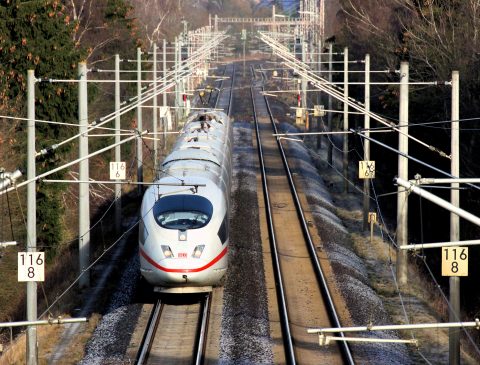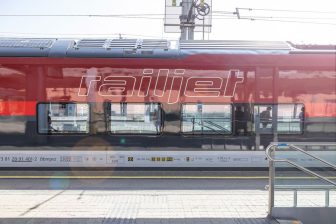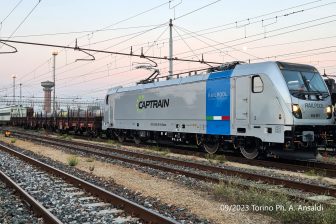
German railway companies funded for energy saving investments
Germany will receive EU funding for a scheme to support railway companies that invest in energy efficiency technologies. Companies providing electrically powered rail transport services may be compensated for up to 50 per cent of expenses incurred from energy efficiency measures. The scheme has an overall budget of 500 million Euros and will run from 2018 to 2022.
In January 2018, Germany notified to the European Commission a scheme to provide public support for investment in technologies to make rail transport more cost and energy efficient. Last week the Commission announced its backing, stating that the measure will promote the shift of freight traffic from road to rail and contribute to a reduction of CO2 emissions.
Funding conditions
Energy efficiency measures include acquisition of modern energy-saving rolling stock including hybrid locomotives or automated solutions. Such investments allow rail transport companies to increase their energy efficiency, i.e. the energy consumption per passenger or tonne kilometre.
To benefit from this public support, rail transport companies need to demonstrate a year on year improvement of 1.75 per cent in their energy efficiency. From 2020, this energy efficiency must increase by at least 2 per cent year on year for companies to be eligible for support.
Commission’s stance
The Commission found that the scheme is beneficial for the environment and for mobility because it supports and promotes rail transport, which is less polluting than road transport.
Commissioner Margrethe Vestager in charge of competition policy, said: “Electrically powered rail transport is one of the most environmentally friendly transport options. By promoting a shift from road to rail, the German scheme will contribute to meeting the EU’s environmental and transport objectives, without distorting competition”.




